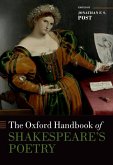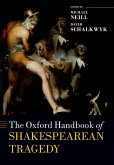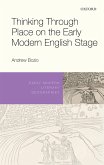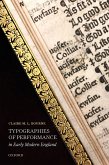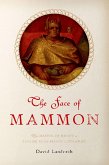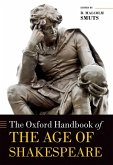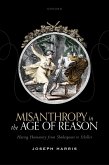What Rosalind Likes begins with the strange ferocity of Elizabethan responses to poetry: a woman named Rosalind expresses scorn for a shepherd's poems, and a character in a play loses his temper and storms off stage at the sound of a blank verse line. What are these people so angry about? Thus begins a journey into a world where the details of poetic form and vagaries of Latin translation are caught up in the dynamics of gender, sexuality, class, and race, and power, where too much alliteration, for example, could destabilize your gender or pose a threat to national security. Situated in the crucial final two decades of the sixteenth century, What Rosalind Likes takes three figures named "Rosalind" in works by Spenser (The Shepheardes Calender), Lodge (Rosalynde), and Shakespeare (As You Like It) to create a new approach to literary history and feminist criticism. The development and emergence of Rosalind as one of the most famous and beloved characters in the Shakespeare canon is thus connected to the troubled history of Virgilian reception, to tensions between aesthetics and sexual empowerment and powerlessness, to methodology associated with postcritique, including surface reading and the valorization of negative emotions, and to queer theology. The book ends by thinking about Rosalind with respect to the poetry of Mary Wroth, and examining depictions of Rosalind on stage and screen by Dora Jordan and Katharine Hepburn.
Dieser Download kann aus rechtlichen Gründen nur mit Rechnungsadresse in A, B, BG, CY, CZ, D, DK, EW, E, FIN, F, GR, HR, H, IRL, I, LT, L, LR, M, NL, PL, P, R, S, SLO, SK ausgeliefert werden.



